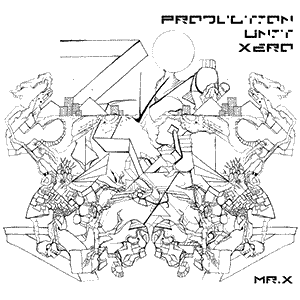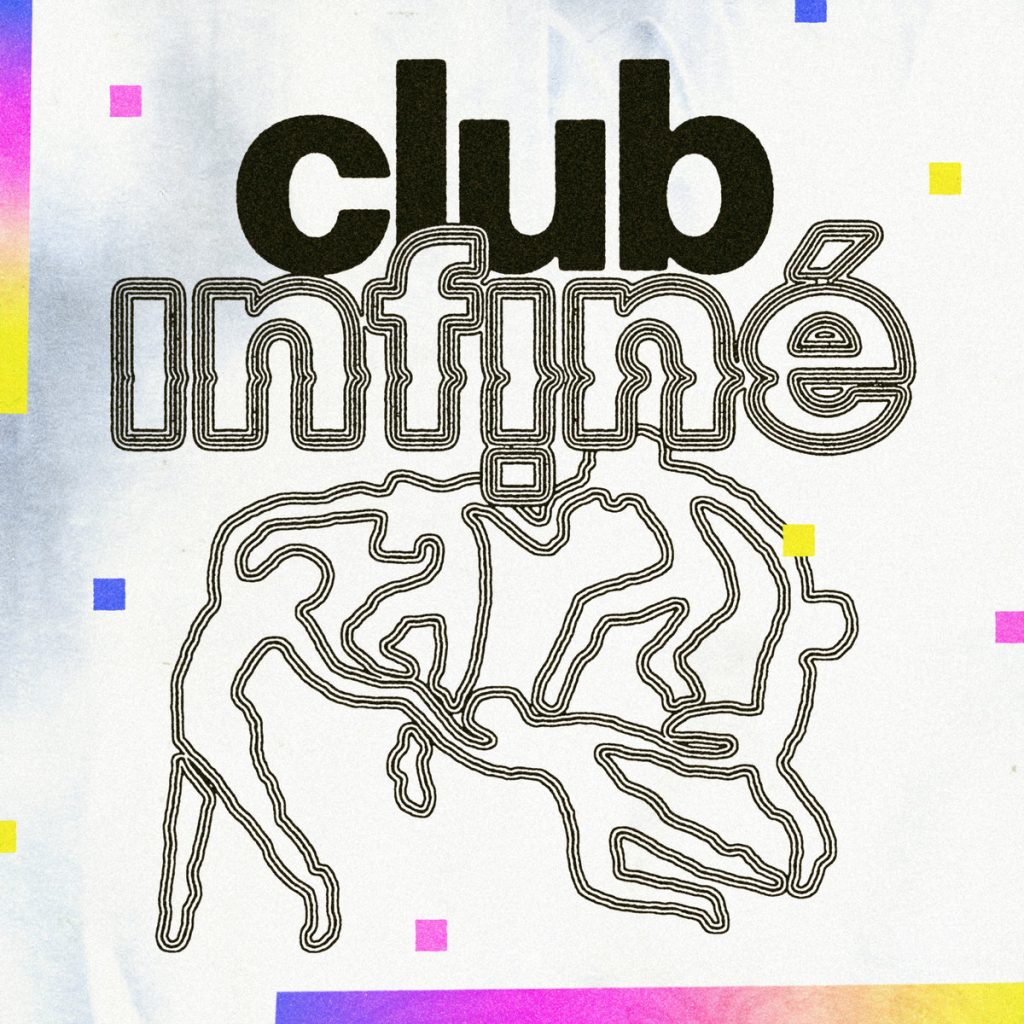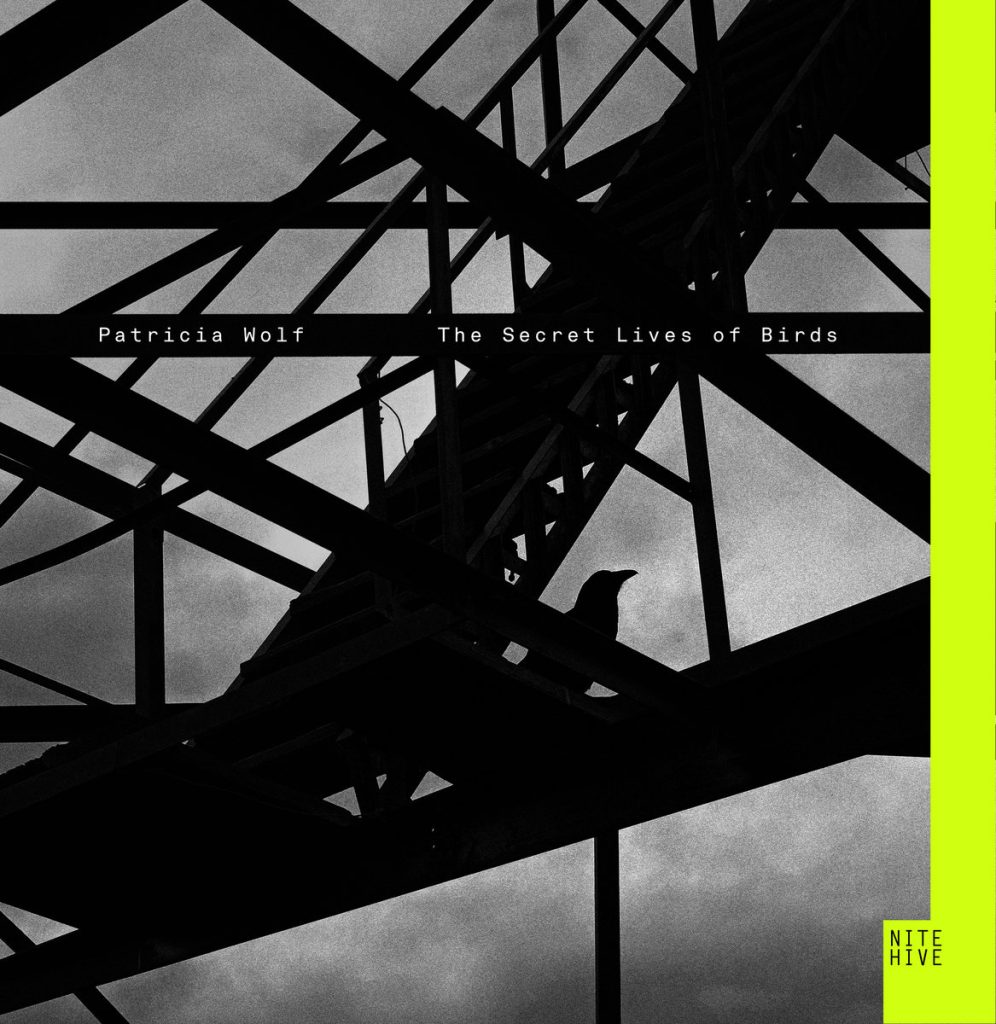What is Deconstructed Club?
Deconstructed club is an innovative and explorative genre of electronic music that emerged during the mid-2010s. It’s a genre that has been instrumental in pushing boundaries and restructuring the traditional concepts of club music, thus the name “deconstructed club”. Despite its name, this genre is not exclusive to clubs or dance floors, and it often plays out better in more experimental and open-minded listening contexts.
Essentially, deconstructed club takes components of conventional dance music — such as techno, house, dubstep, and other genres — and breaks them down into their constituent elements. The basic rhythmic structures, melodic patterns, vocal snippets, and sonic textures that make up these genres are then rearranged in new and unusual ways, often to the point of near unrecognizability.
Deconstructed club can be identified by its destabilization of traditional club music frameworks. Traditional rhythm and tempo are often eschewed, and instead, unconventional structures are favored. The tracks are often asymmetrical and disjointed, designed to challenge and intrigue the listener, rather than provide a predictable dance beat. Many tracks lack a conventional kick drum altogether, or use it in a way that subverts the steady, metronomic pulse found in most dance music.
Deconstructed club producers often draw upon a wide variety of sound sources. While synthetic, electronic sounds are still prevalent, they might be interspersed with samples from a broad range of other sources: traditional instruments, everyday noises, industrial sounds, or manipulated human voices. This results in a rich, textural sonic palette that’s full of surprises. The emphasis on unusual sound sources and textures often leads to comparisons with genres like sound art, musique concrète, and other experimental music forms.
The music’s atmosphere can range from incredibly intense and harsh to extremely soft and ambient. It can be confrontational and challenging, full of harsh, abrasive noises, sudden sonic shocks, and dystopian themes. At other times, it can be ethereal, ambient, and dreamlike, with whispery vocals, gentle synthetic pads, and delicate, intricate sound designs. These dichotomous elements often exist within the same track, further enhancing the genre’s unpredictability.
Deconstructed club music also often incorporates elements of non-Western music traditions, in part as a critique of the Eurocentric bias of much electronic dance music. This includes not only incorporating non-Western musical scales and rhythmic structures but also sampling traditional instruments and vocals from around the world.
This genre, however, is not simply about dismantling club music but also about reconstructing it to provide a new perspective. Deconstructed club challenges the listener’s expectations of what club music should be and opens up a broad new array of musical possibilities. Despite its often challenging and complex nature, it remains a celebration of music’s power to move people physically and emotionally, in clubs and elsewhere.
Notable artists in the genre include Arca, SOPHIE, Amnesia Scanner, Holly Herndon, Yves Tumor, and Lotic, among others. These artists have been instrumental in pushing the genre forward and experimenting with what is possible within its framework.
In terms of cultural and social significance, deconstructed club often delves into themes of identity, politics, and the human condition. The disruptive, transformative nature of the music itself can be seen as a reflection of our turbulent times. It’s a genre that exists at the intersection of culture, technology, and society, constantly pushing the boundaries of what’s possible in music. As such, it’s a genre that’s likely to continue evolving and innovating for the foreseeable future.
TOP 10 DECONSTRUCTED CLUB ALBUMS
- Arca – “Arca” (2017)
- SOPHIE – “Oil of Every Pearl’s Un-Insides” (2018)
- Amnesia Scanner – “Another Life” (2018)
- Holly Herndon – “PROTO” (2019)
- Yves Tumor – “Safe in the Hands of Love” (2018)
- Lotic – “Power” (2018)
- Elysia Crampton – “American Drift” (2015)
- Jlin – “Black Origami” (2017)
- Sega Bodega – “Salvador” (2020)
- Shygirl – “Alias” (2020)




